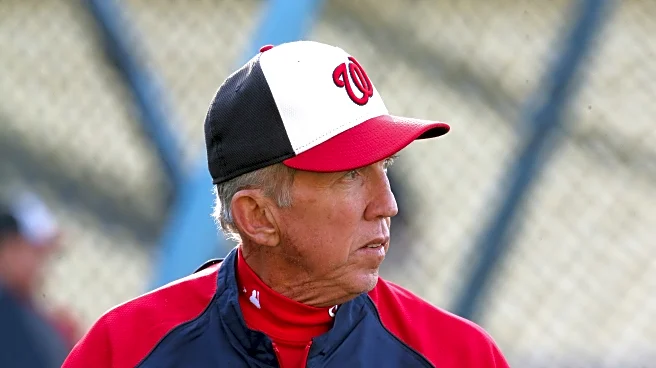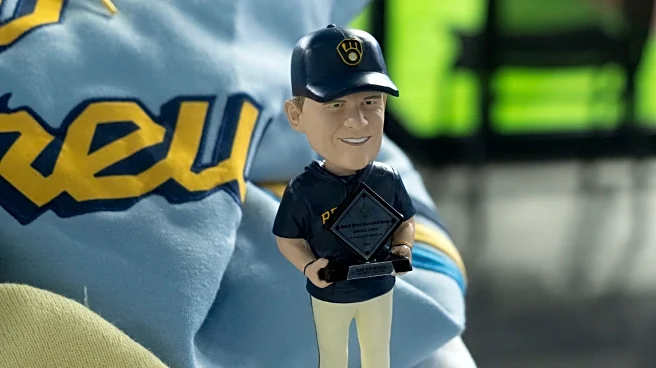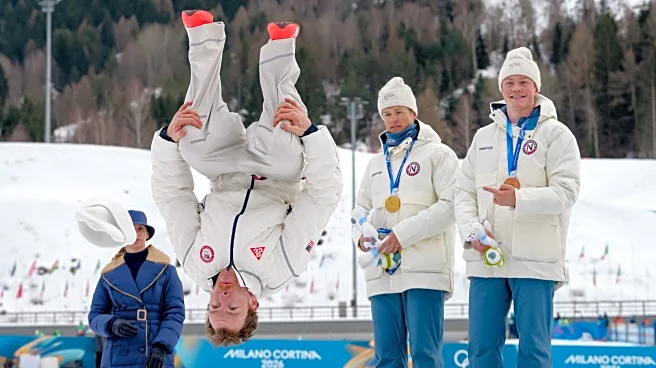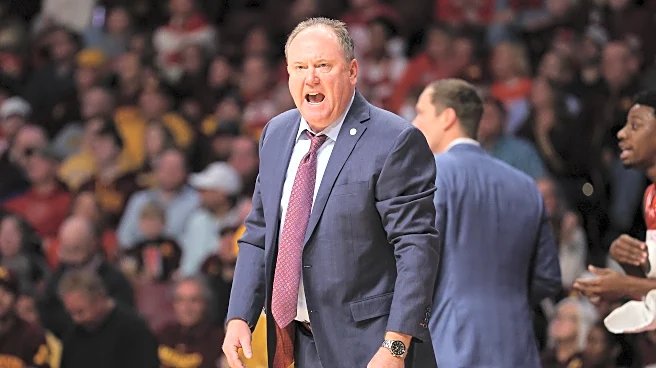Davey Johnson, four time All Star second baseman and long time major league manager, has passed away. He was 82.
Johnson was born in Orlando, Florida, but grew up in Texas, graduating from Alamo Heights
High School in San Antonio. He signed with the Baltimore Orioles in the summer of 1962 after playing one season at Texas A&M, and by 1966 was the team’s starting second baseman, finishing third that season in the American League Rookie of the Year voting.
Johnson spent the 1966-72 seasons as the Orioles’ regular second baseman, winning three Gold Gloves and making three All Star teams for a Baltimore team that went to four World Series in that span, winning two of them. He was traded to the Atlanta Braves after the 1972 season to make room at second base for Bobby Grich, who had put up a 6.0 bWAR season while playing every position in the infield.
In 1973, Johnson hit a career high 43 homers, one of three Braves who had 40-plus homers that season. After a middling 1974 season, he was released after appearing in just one game in 1975, and spent the next two years playing for the Yorimuri Giants in Japan. He returned to the States in 1977, and spent the 1977-78 seasons in a bench role for the Phillies and the Cubs.
Johnson’s career as a major league manager began in 1984, when he led the New York Mets, who had won just 68 games in 1984, to a 90-72 record. He won at least 92 games in each of the next four seasons with the Mets, peaking in 1986 with a 108 win team that beat the Boston Red Sox in a World Series matchup that is most remembered for Bill Buckner’s 10th inning error in Game Six that allowed the winning run to score. Rangers fans, I’m sure, will appreciate the fact that the Red Sox were, twice, just one strike away from winning that Game Six and, thus, the World Series.
In six full seasons as the Mets manager Johnson never finished worse than second place in the National League East, but after an 87 win campaign in 1989, he was fired a little over a month into the 1990 season, with the Mets at 20-22.
Johnson took over the Cincinnati Reds midseason in 1993. After finishing the year with 73 wins, the Reds finished first in the division in 1994 and 1995. However, Reds owner Marge Schott announced early in 1995 that Johnson would not return for 1996, so despite advancing to the NLCS in 1995, Johnson was briefly out of a job.
The Baltimore Orioles promptly grabbed Johnson, who took a team that was 71-73 the previous season to the ALCS in 1996. The Orioles won 98 games in 1997 and advanced to the ALCS again, but Johnson’s conflicts with owner Peter Angelos, highlighted by a controversy involving Johnson fining Roberto Alomar in 1997, resulting in his resigning under pressure on the same day he was named American League Manager of the Year.
Johnson was hired to manage the Los Angeles Dodgers in 1999. His 77-85 record that season was his only losing record in a full season as manager, and he was fired after a 2000 season where the Dodgers finished second in the National League West with an 86-76 record.
After a decade away from major league managing, Johnson was named the manager of the Washington Nationals, for whom he had been consulting since 2006, after Jim Riggleman resigned mid-season in 2011. The Nationals won the National League East in 2012 with 98 wins, earning Johnson a second Manager of the Year Award, and finished second in 2013 with an 86-76 record. Johnson announced his retirement after that season.
Johnson was known for being on the forefront in regards to the analytics movement, using computer simulations and data analysis even during his playing days. He continued that in his managerial career, with his Mets teams in the 80s, in particular, being part of the early vanguard of teams relying heavily on data-driven decision making.











